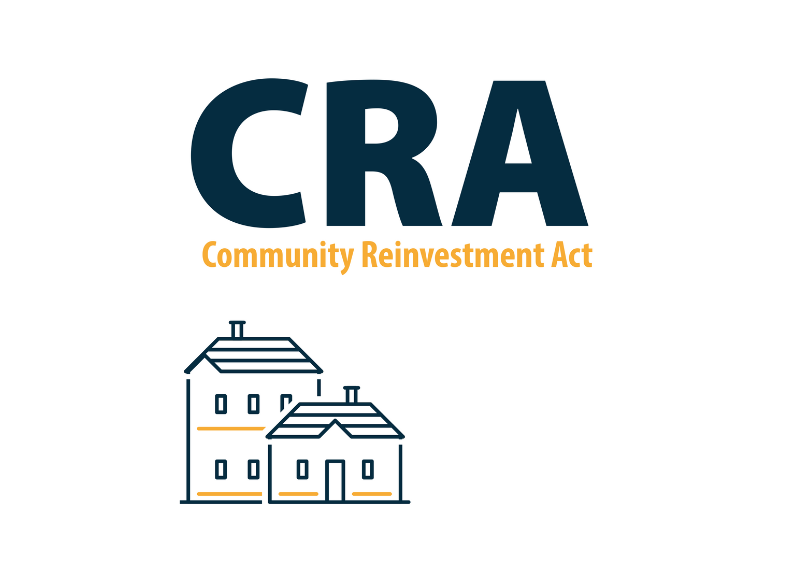Federal banking regulators are seeking to overturn a Texas court injunction that halted the implementation of new Community Reinvestment Act (CRA) rules.
In backing the motion, the FDIC, OCC, and Federal Reserve Board argue that U.S. District Judge Matthew Kacsmaryk’s decision to restrict CRA assessments to areas surrounding a bank’s physical facilities is fundamentally flawed.
Modernizing CRA for Today’s Banking Landscape
Regulators emphasize the significant evolution in banking since 1995’s CRA update. With many banks now engaging in substantial online lending, the current rules create disparities in how institutions with different business models are evaluated. Regulators assert that the Act intends to assess the credit needs of a bank’s entire community, not just those near physical branches.
Banking Regulators Seek Broader Definition of Community for CRA
Judge Kacsmaryk’s injunction, issued in March, is seen by regulators as an impermissible rewriting of the statute. The CRA mandates that agencies evaluate how well financial institutions serve their entire communities, including low- and moderate-income neighborhoods.
The Act, however, does not explicitly define “entire community,” which regulators argue should include areas where banks source significant deposits, even if they lack physical branches there.
Future of CRA Assessments Hinges on Appeal Decision
This appeal’s outcome could have profound implications for how CRA compliance is measured, aligning regulations with contemporary banking practices that extend beyond traditional brick-and-mortar operations. The regulators’ push to lift the injunction underscores their commitment to modernizing CRA evaluations to reflect the realities of today’s financial landscape.
Scott A. Coleman, a Partner at Ballard Spahr in Minneapolis, authored this analysis, which was originally published on the law firm’s website. For a deeper dive into the implications of the federal banking regulators’ CRA appeal, read the full article on the Ballard Spahr website.



















